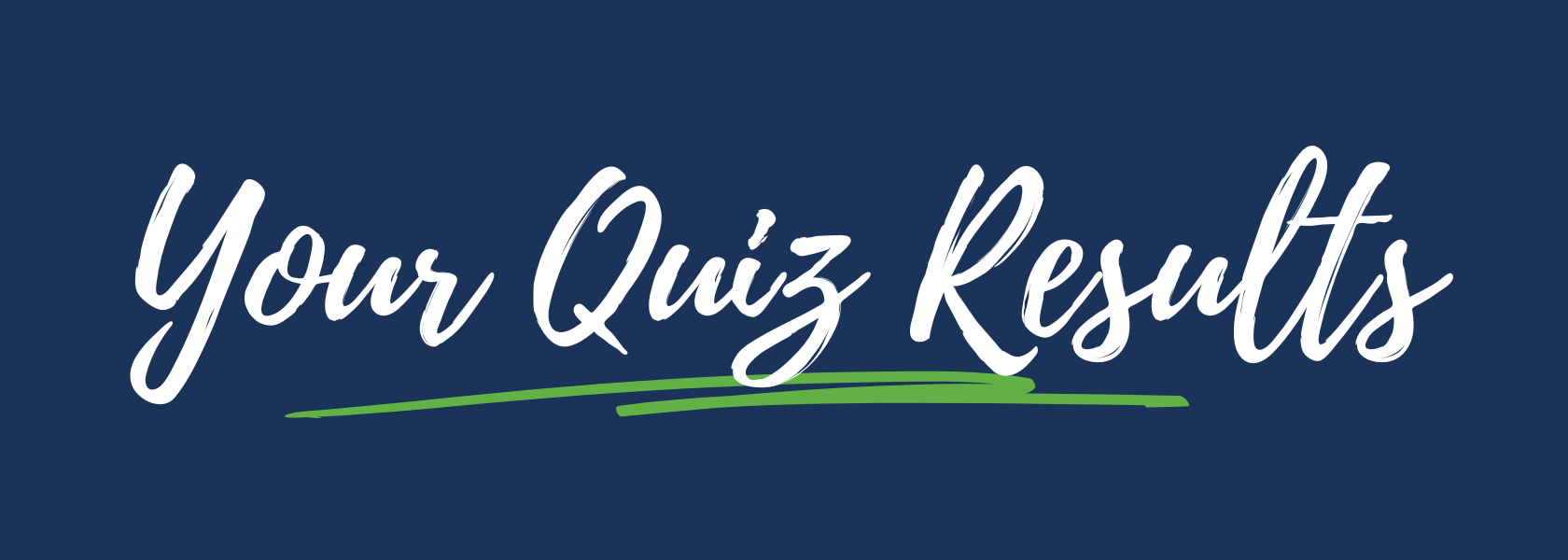We crunched the numbers (well, sort of), and here’s what your answers say about where you are and where you might go next.
YOU are ready to dive into…
Word Recognition and Phonics Foundations
Congratulations! You’re ready to lean into one of the most powerful parts of teaching reading: helping students crack the code. Whether you teach K–2 or support older students who need decoding strategies, this is essential, joyful work. You’re looking for tools, routines, and maybe a little help making sense of scope and sequence. The good news? You’re going to see results. And when kids feel that reading is possible, everything opens up.
Start here.
Course Taster: From Sound to Sight: Phonics 101 in International Schools
Watch the selected video from Phonics 101 to build understanding of how word recognition develops and why phonics instruction matters. Share a takeaway or insight with a colleague to spark discussion around early reading.
Next…
Course Taster: What’s Next for Word Recognition: Planning Responsive Small Groups (K–3)
Explore the selected clips from the Small Groups course. Reflect on your current assessment practices, how you form groups, and how you might protect time for responsive instruction in your day. Try one new routine with your students this week and jot down what worked.
Then…
Use the Phonics 101 Padlet to reflect on your school’s current phonics routines. What’s already aligned with the research? What’s missing or inconsistent?
Click the image to access the resource.
Finally…
Use the Compass Points thinking routine to surface practical and emotional insights before moving into planning:
N (Need to Know) – What information do we still need to move forward confidently?
E (Excited About) – What ideas or shifts are energizing us right now?
S (Suggestions/Support) – What could help make this work more doable?
W (Worries) – What concerns or uncertainties are coming up?
Optional: Bring these to your next team meeting or coaching conversation!
Use your reflections to sketch out a simple plan for phonics instruction or small group routines in your classroom—focusing on clarity, consistency, and student need.
Revisit this work at the start of the year or during planning meetings to stay grounded in research and shared goals. Share with your team leader!
Like what you’ve unlocked?
These tasters are just the beginning.
Want full access to this course - plus our entire library of professional learning resources, planners, tools, and on-demand sessions? It all lives inside the EKC Community Membership.
Ready for more? Drop your name and email below, and we’ll be in touch to explore the right access path for your school.





